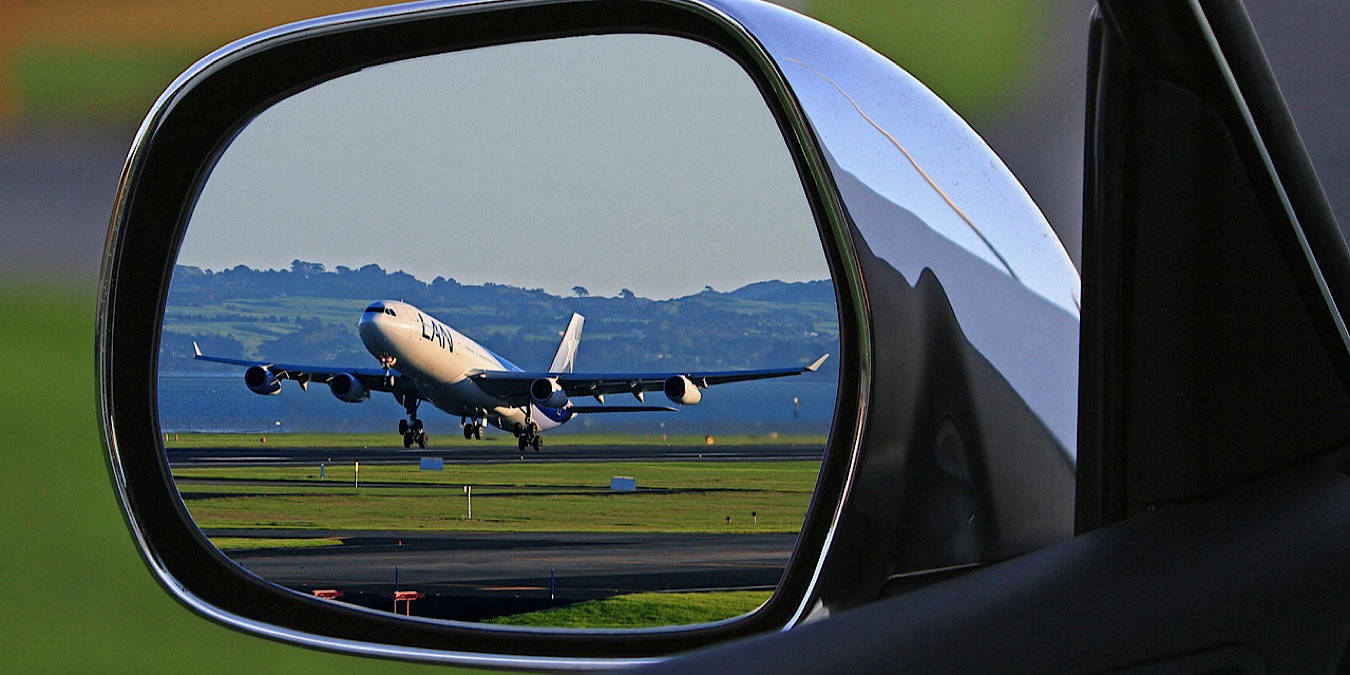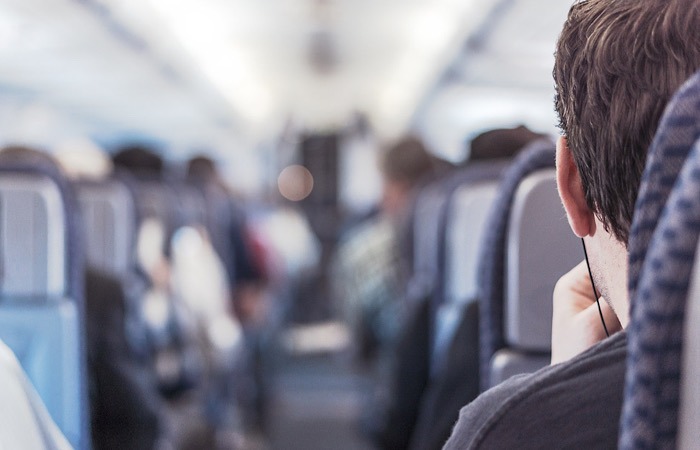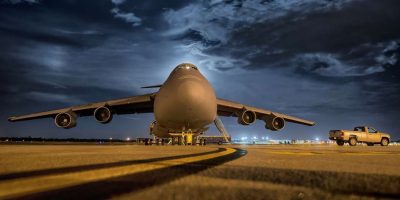
While air travel gets knocked down for no longer resembling a luxury and now seeming like nothing more than flying bus, many of the changes have been good for the industry and make the flights much more pleasant for the traveler.
A group of airlines believe this is just the tip of the iceberg. There have been some changes in relation to artificial intelligence, and these airlines believe AI’s effect on their industry is really just in its infancy.
AI in Airlines
Sure, the seats are much closer together, and you have to be on a long flight to get a free meal, let alone a free hot meal. And on some flights you pay for everything, including your seat and water.
However, there is a world of entertainment options. Instead of only getting to watch an inflight movie if you’re on one of those aforementioned longer flights, you now get a whole host of TV shows and movies to watch. Additionally, flights offer the Internet so you can get work done, check in on social media, check your email, etc. There’s an entire network of options there.
And some of the airlines that were attending the World Aviation Festival in London discussed what they were currently doing with AI and what they expect to do in the future.
Scandinavian Airlines head of AI and IT, Daniel Engberg, said they see a huge potential for machine learning and believe AI hasn’t even matured yet.
“AI has not scaled yet. We have to be honest about that. We talk a lot about AI, but it is not mature. We believe it will come in three to five years,” he said. “We have started this initiative and believe it will continue to scale upwards.”
Scandinavian Airlines in particular is looking into how AI can improve their business, asking, “How do you create value when you talk about AI?”

While the airline has a number of AI-focused projects in the works, Engberg talked in particular about data engineers and how they “bring AI to life.” He mentioned flight delay predictions as an example, wondering if they can use machine learning to “predict there is a 70 percent likelihood of a delay.” He knows the key is how they set it up and “spread it across the company.”
The vice president, enterprise analytics, Data Science at Emirates, Eliano Marques, hasn’t been with the airline that long but notes they are building AI platforms from scratch and that they are building capabilities accordingly after looking at “different problems from customers to engineering.”
“We talk about deep learning networks,” he added, announcing, “We are building the foundation. Data science and AI is about changing process.”
Turkish Airlines has connected its fleet, although the chief intelligence officer, Serdar Yakut, says, “It (AI) is a wide array of things. Everything is now being called AI. AI is really important.”
He doesn’t get too specific about the ways they are using AI at the airline and where they believe it’s going but did add that “all optimization stuff is being called AI, but it isn’t.” This brings up an interesting point that possibly to stay current, there may be a rush to call things AI, even when they most likely aren’t.
Virgin Atlantic’s CIO, Ash Jokhoo is new to the industry but is excited about the future. “The technologies are there. You have to re-imagine your processes. The human customer interface is really important,” and because of that, he promises that they “will never digitize that experience. There are some things you don’t want to get technology in the way of.”
A Place for AI
While these airlines didn’t speak specifically about how the customer experience may change with the advancement of AI, there’s no doubt that they all see a future with it.
They noted that it’s in its infancy and that they’re just getting started with the technology. While they’re looking to advance their companies, they’re still tuned in to the customer experience as well. Yet they’re also trying not to just institute AI for the sake of doing it. They don’t want to compromise that human element.
It’s enlightening to hear from an industry who sees good things from AI, to hear their excitement while also their drive to not hurt the customer experience. How do you think this will affect your flights in the future? Tell us in a comment below.









